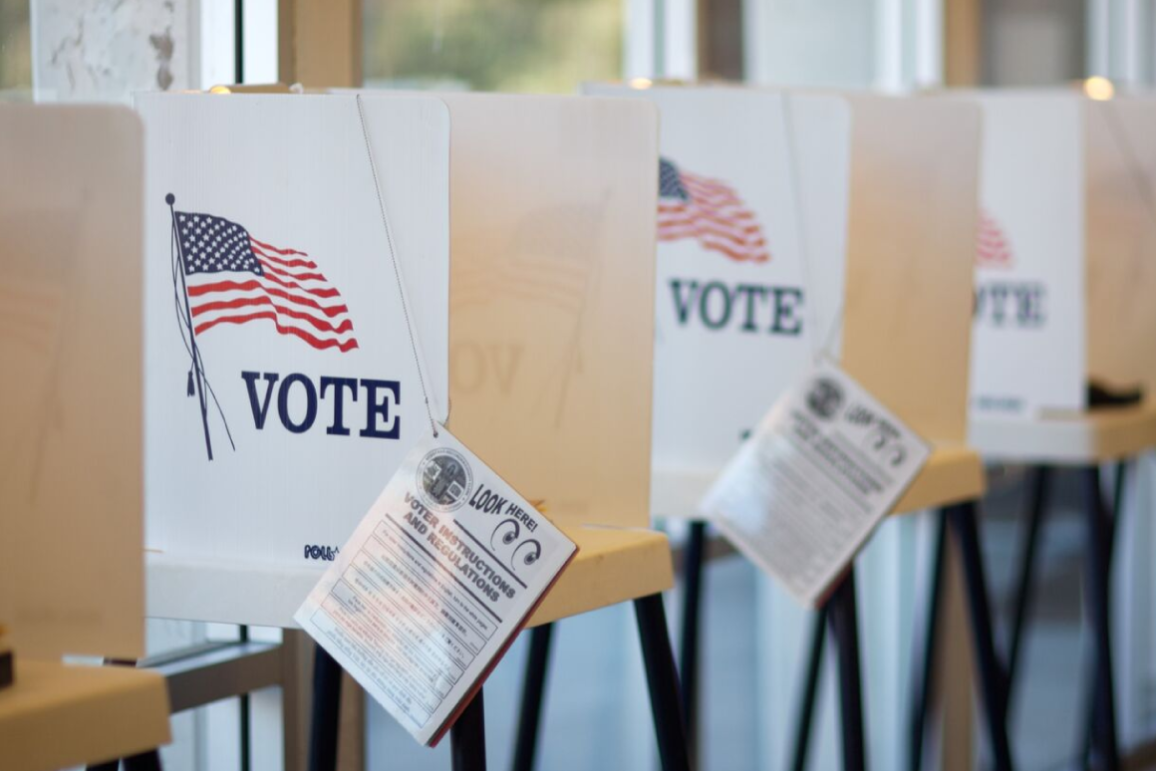

By Michele Chadwick
WASHINGTON, D.C.- The Sentencing Project has released a new report, “Voting in Jails: Advocacy Strategies to #UNLOCKtheVOTE,” which examines strategies to improve ballot access for an estimated two million people incarcerated but who are otherwise legally eligible to vote.
“Every year, hundreds of thousands of eligible incarcerated voters are unable to cast their ballot due to misinformation, institutional bureaucracy and de-prioritization among government officials,” said Durrel Douglas, author of the report and Jail-based Voting Initiative Organizer with The Sentencing Project.
“This briefing paper provides a number of case studies that can help advocates increase ballot access for incarcerated voters, and can help jail officials and lawmakers expand ballot access in jails. Our democracy works best when everyone who is eligible to vote can make their voice heard,” Douglas added.
The vast majority of persons in jails are eligible to vote because they are not currently serving a sentence for a felony conviction, but are incarcerated pretrial or sentenced to a misdemeanor offense, said the Sentencing  Project.
Project.
However, incarcerated voters often experience significant barriers to voting because of misinformation, institutional bureaucracy that varies from one county/city to another, and deprioritization among government officials, the study suggests.
Only two states allow felons to retain their right to vote during incarceration – Maine & Vermont. The majority of states restore the right to vote to felons after incarceration and parole time, with most requiring additional factors such as completion of probation.
But the report notes that in nine states felons with certain convictions never regain the right to vote.
The Sentencing Project estimates more than a half million incarcerated individuals currently hold the right to vote. They propose the following strategies to increase access to voting for those incarcerated citizens.
Current jail-based voter programs that rely on absentee voting often experience various logistical challenges, according to the report, noting advocates and officials are recognizing that establishing a polling location in the jail will improve voter access and turnout far better than jail-based absentee voting initiatives.
After the Cook County Jail in Illinois was turned into a polling location, approximately 2,200 people were able to cast their ballot.
“Being able to have Harris County Jail as a polling location is a product of years of advocacy and work by organizations across the county. Our office is honored to provide an opportunity to enfranchise voters in the Harris County Jail,” said Isabel Longoria, Harris County Elections Administrator.
The Sentencing Project suggests jail officials, lawmakers and citizens can work with political candidates to host candidate forums at local jails.
During the 2021 election cycle in Michigan, Genesee County Sheriff Chris Swanson and the IGNITE (Inmate Growth Naturally and Intentionally Through Education) program co-hosted a candidates’ forum for residents at the jail.
More than 20 city council candidates attended the “Meet the Candidates’’ town hall where residents at the jail and candidates discussed ways to improve public education and support reentry programs.
The Sentencing Project highlighted longtime South Dakota activist, Cathy Brechtelsbauer, who launched a solo organizing campaign that led to a series of meetings with the Warden of the Minnehaha County Jail in Sioux Falls.
She requested eligible voters housed at the jail have access to voter registration cards and non-partisan election education materials and that a designated ballot box be provided for absentee ballots. Ahead of the voter registration deadline, voter registration packets were moving from dorm to dorm and cell to cell at the Minnehaha County jail.
Percy Glover, Genesee County (Flint) Jail Voting Ambassador states the importance of protecting these individuals right to vote, saying, “[Voting while in jail] is important because that population is most impacted by the laws, policies, and practices that are enforced or pushed by our politicians. Most times, laws and policies affect them more than individuals who are walking in our community on a daily basis.”





